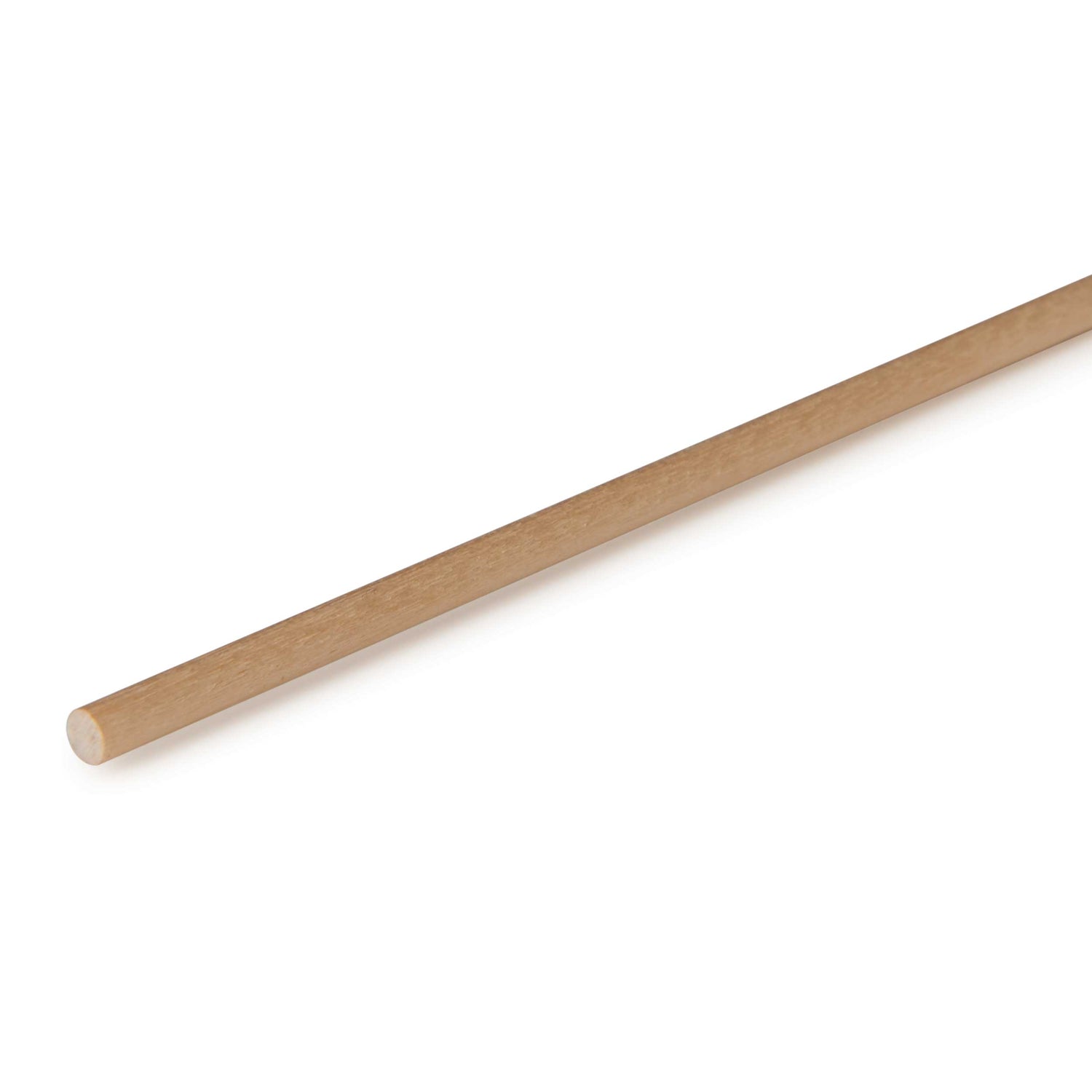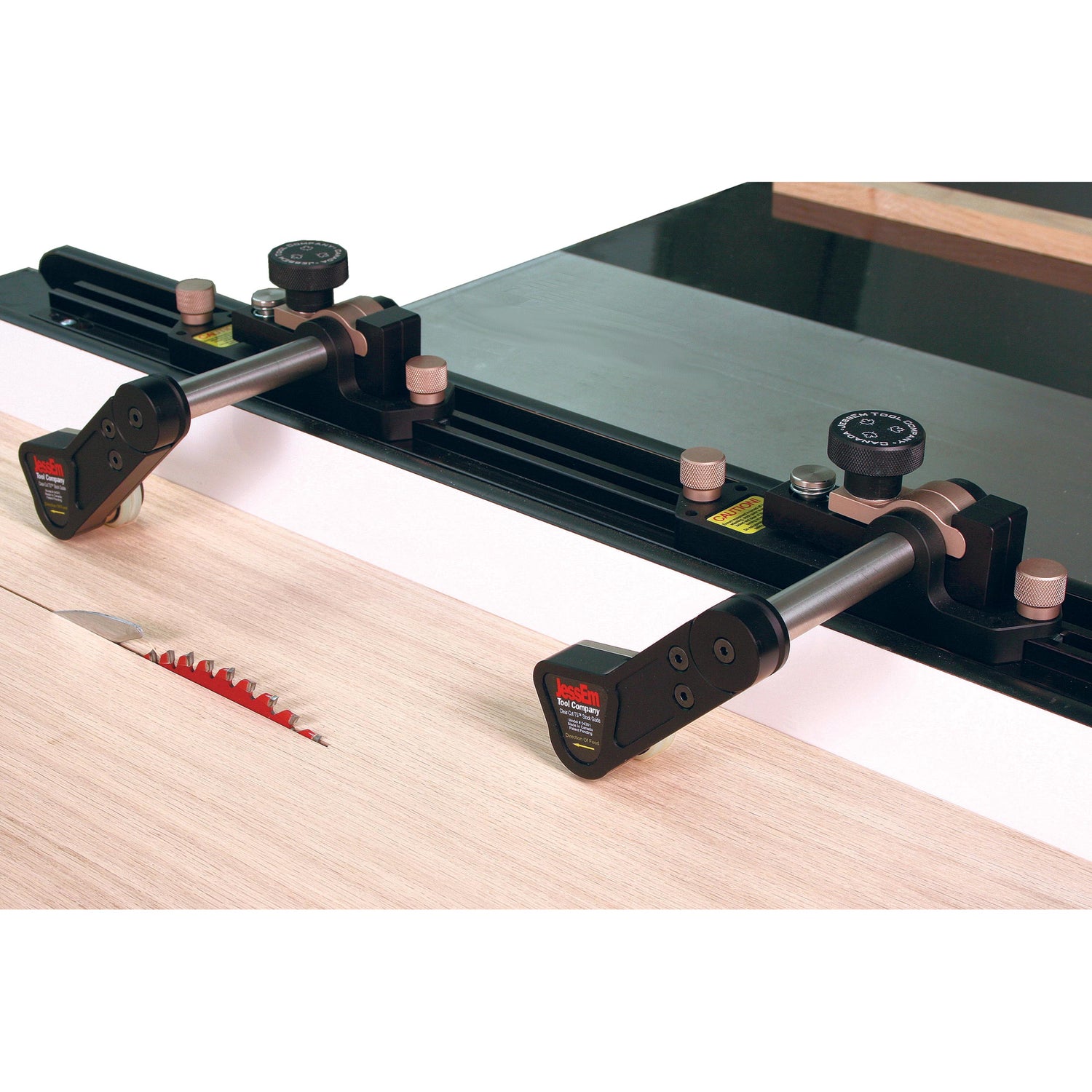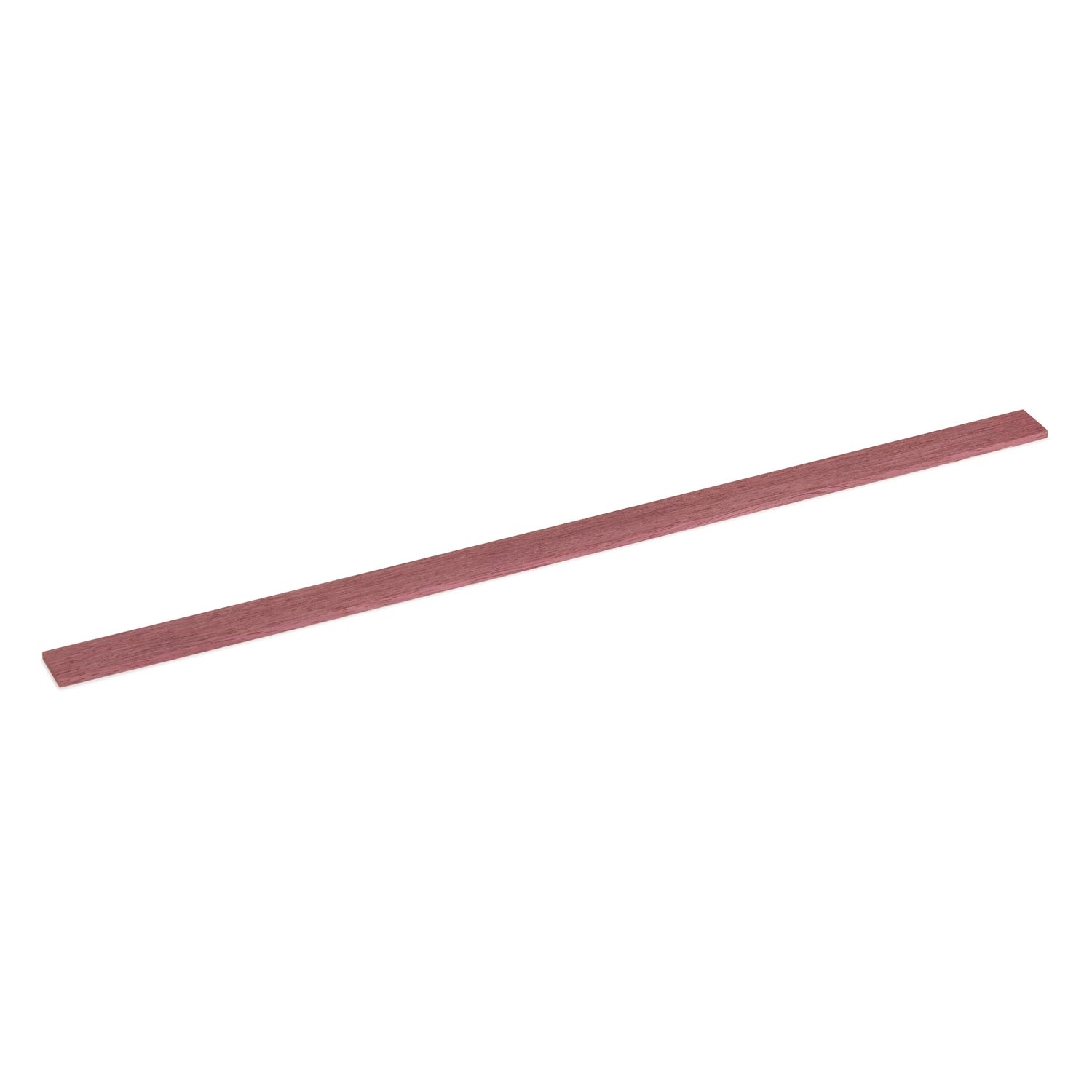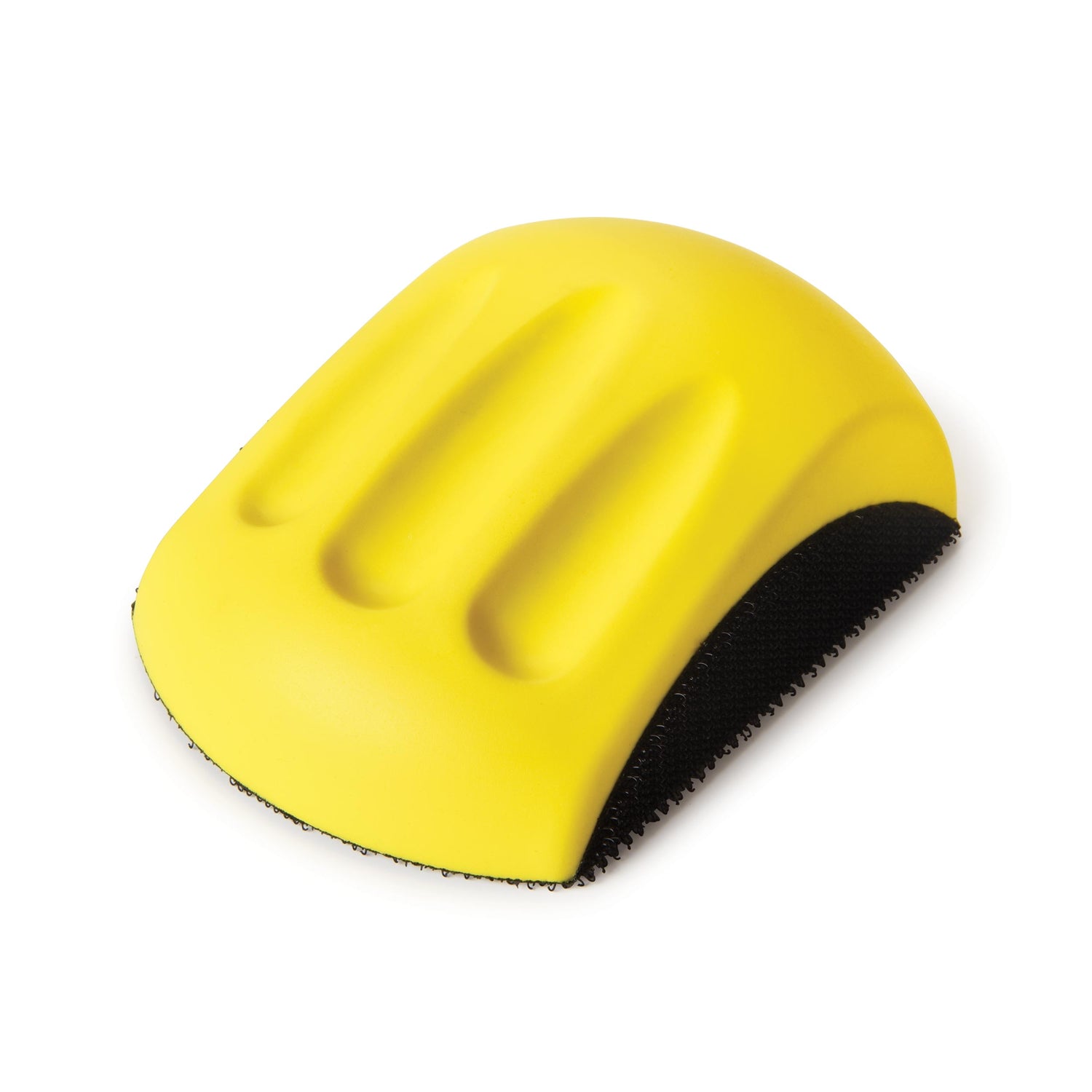
Taming tilt at the tablesaw
The only problem with a large crosscut sled is that it tends to tip off the front of the saw when pulled backward to load a wide panel. You can use an auxiliary stand for support, but a less intrusive approach is to craft a short support arm that cantilevers off the front of the saw.
Like many woodworkers, I have a Biesemeyer fence. I’ve found that a simple three-piece wooden support attaches nicely to it. The support consists of a wooden arm that lays across the fence’s guide tube while dadoed into a crosspiece that fits snugly between the fence tube and the fence mounting rail. A cleat on the inside face of the crosspiece presses against the underside of the tablesaw wing, locking the unit in place. The unit installs and removes in a flash and can be modified to fit many similar saw/fence combinations.




Make the crosspiece about 16" long and just thick enough to slide snugly between the fence tube and its mounting rail. If necessary, round over the bottom edge to seat the piece against the face and bottom of the L-shaped mounting rail. Trim the top edge to sit just a hair below the table top; then cut a 3"-wide dado whose bottom sits flush with the top of the fence tube (Photo A). Locate the dado about 6" in from the outer end of the crosspiece. Make the 12"-long support arm to fit snugly in the dado (Photo B), but don’t fasten it yet.
Next, make the cleat that bears against the underside of the saw. Mine is 7⁄8 × 2 1⁄2 × 11", but suit your particular tablesaw wing, ensuring that the cleat bears solidly against its underside edge.
Notch the long edge to accommodate the fence mounting rail, with 4" or 5" solidly contacting the wooden crosspiece (Photo C). Holding the cleat in place, mark its location on the crosspiece (Photo D). Finally, glue and screw the parts together and radius the corners of the arm.
About Our Author
Senior editor Paul Anthony is the author of Taunton’s Complete Illustrated Guide to Tablesaws, and Smart Workshop Solutions (Taunton Press).



